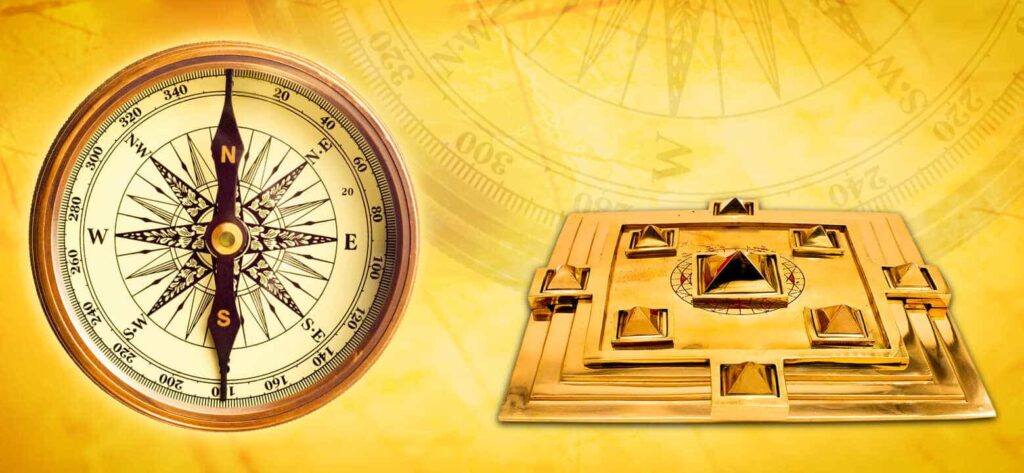Dispelling myths and understanding the facts about Vastu Sastra is crucial for gaining a balanced perspective on this ancient science. Let’s explore common misconceptions and set the record straight:
- Vastu is solely a superstition.
- Vastu Sastra is rooted in ancient Indian knowledge and architectural principles. While some practices may seem traditional, many aspects are based on logical and scientific reasoning.
- Vastu is only for Hindus or certain religions.
- Vastu principles are universal and can be applied by individuals of any religion or culture. It focuses on creating harmonious spaces based on natural and cosmic energies.
- Vastu only involves religious rituals.
- While Vastu acknowledges the spiritual aspect of living spaces, it primarily deals with architectural and design principles. Rituals are not mandatory for Vastu implementation.
- Vastu is rigid and impractical for modern living.
- Vastu principles can be adapted to contemporary lifestyles. It’s about creating a balanced environment, and there’s flexibility in how these principles can be applied to suit modern architecture and design.
- Following Vastu guarantees immediate success and happiness.
- Vastu is not a magical solution; it contributes to a positive environment. Success and happiness depend on various factors, including personal efforts and circumstances.
- Vastu only focuses on home architecture.
- Vastu principles extend beyond homes to commercial spaces, offices, and urban planning. It encompasses a holistic approach to creating positive energy in various environments.
- Vastu is against modern amenities and technology.
- Vastu does not discourage modern amenities. It emphasizes their strategic placement to maintain energy balance. Proper integration of technology can coexist with Vastu principles.
- Vastu requires extensive renovations for effectiveness.
- Small adjustments and mindful practices can often make a significant impact. Extensive renovations are not always necessary, and Vastu can be applied gradually.
- Vastu only considers directional alignments.
- While directions are vital, Vastu also takes into account the five elements, spatial arrangements, and energy flows within a space.
- Vastu is a one-size-fits-all approach.
- Vastu recommendations are often personalized based on individual charts and circumstances. What works for one person may differ for another.
Understanding the facts behind Vastu Sastra helps demystify misconceptions and allows individuals to appreciate the practical and cultural aspects of this ancient science. Consulting with a qualified Vastu expert can provide personalized insights tailored to specific needs and circumstances.



